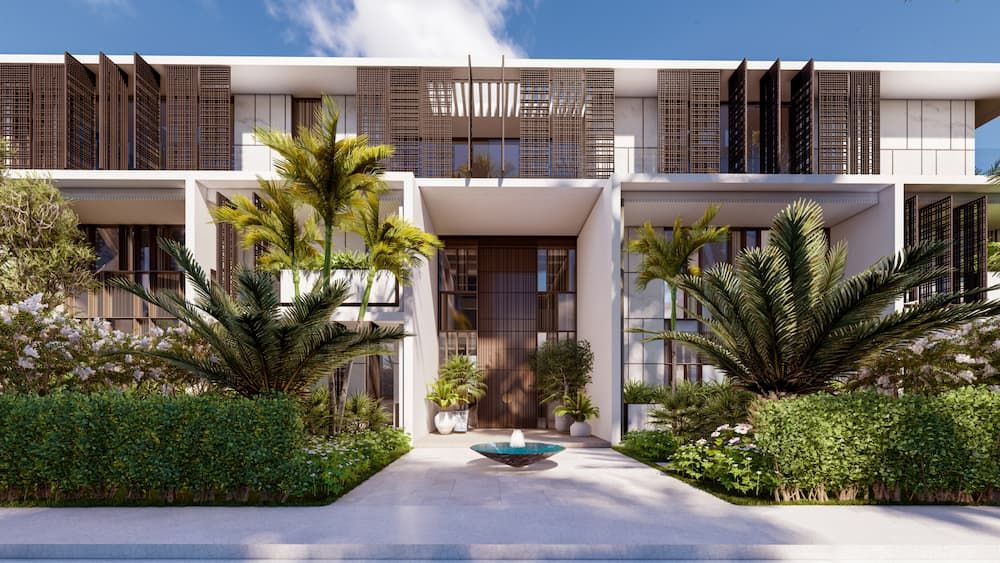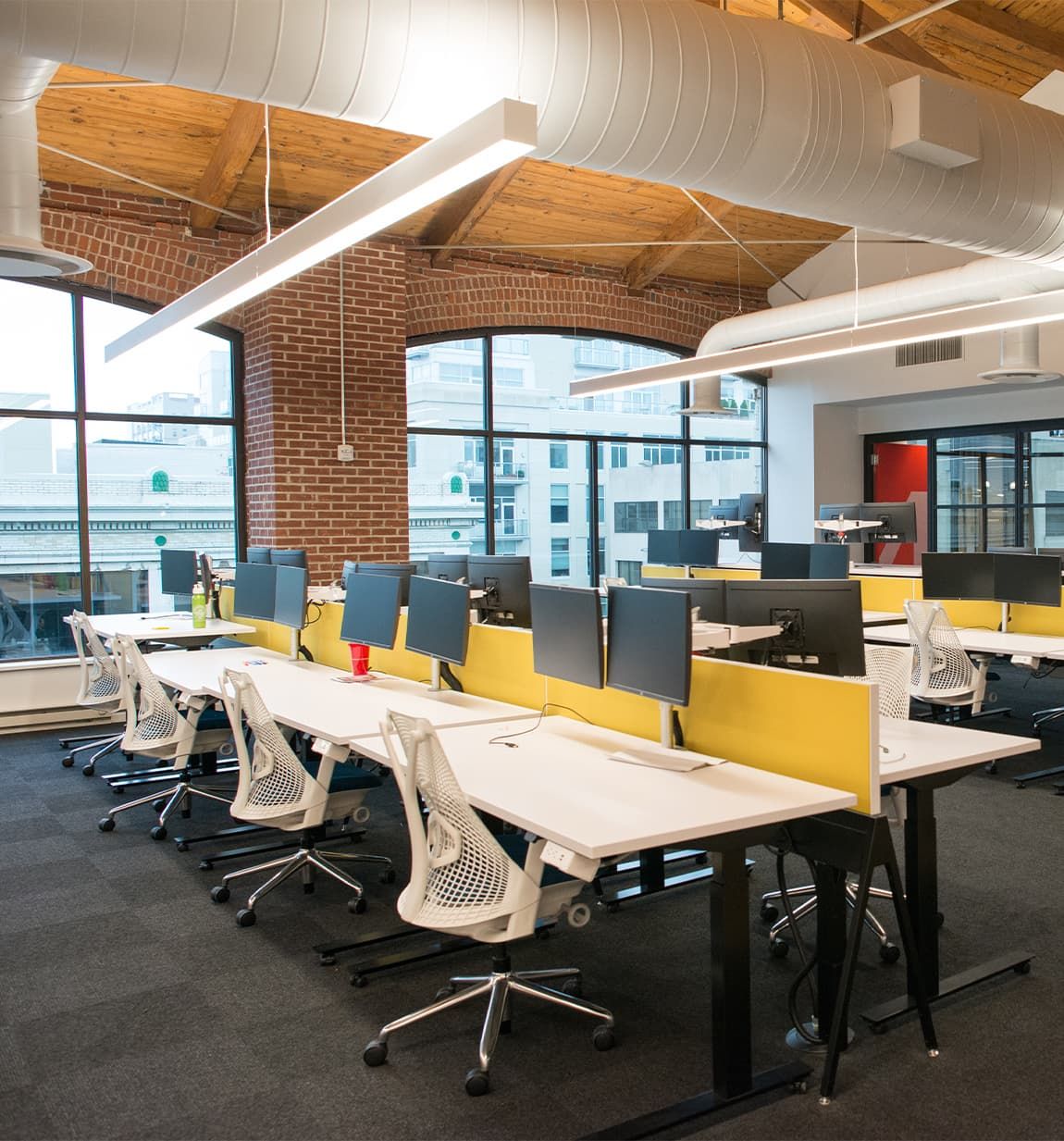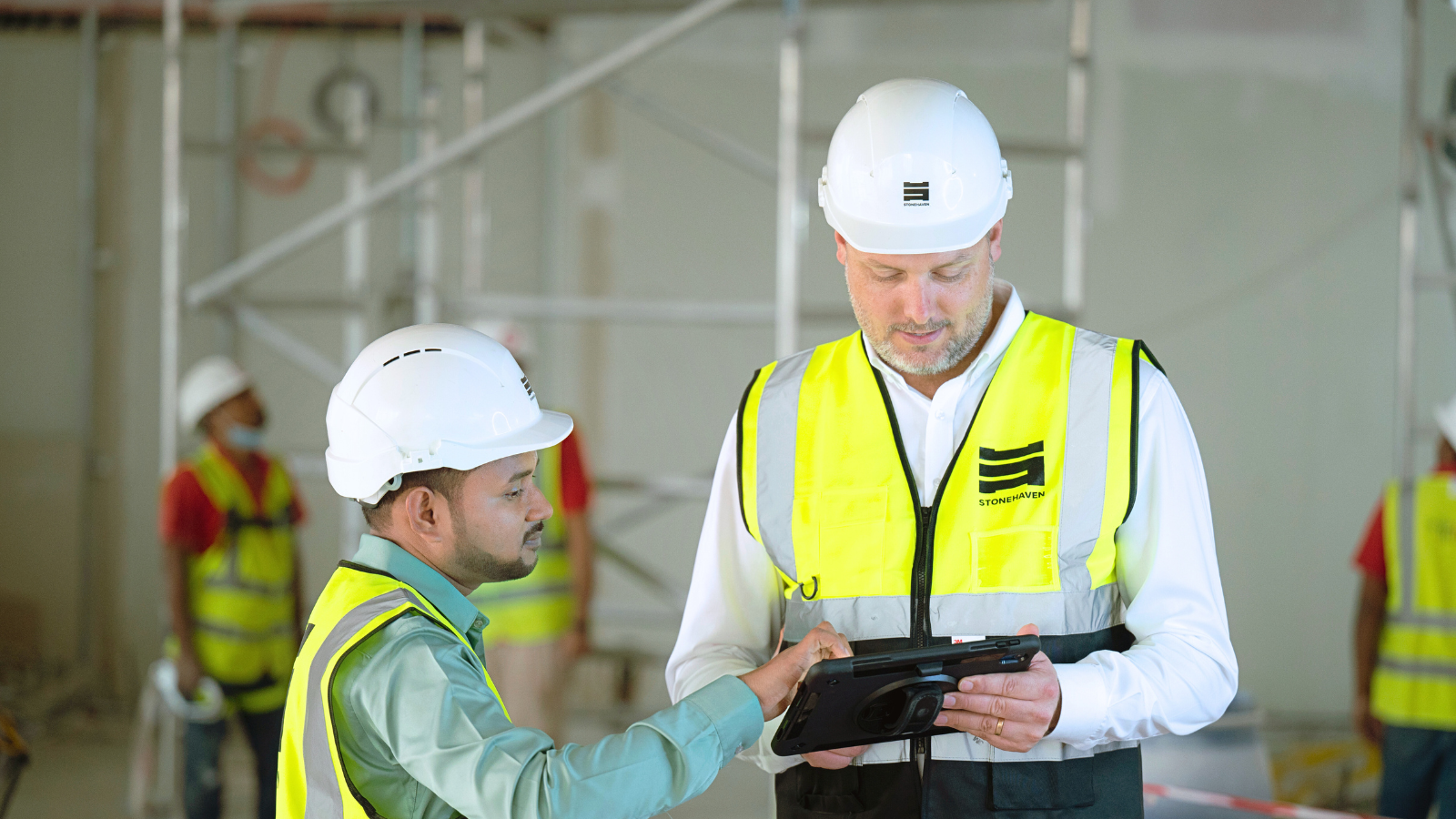In the world of construction, managing costs effectively is critical. Whether you're overseeing a small residential build or a large commercial development, understanding costs and maintaining control over them is essential for ensuring financial success. Cost planning helps project managers not only predict expenditures but also make well-informed decisions on resource allocation, manage risks, and ensure that projects are completed within the agreed budget.
This blog explores essential insights into construction cost planning, breaking down everything from cost estimating services to feasibility studies and cost control measures. The aim here is to help project managers and stakeholders create efficient cost plans that pave the way for successful project execution.
What Exactly is a Cost Plan?
Simply put, a cost plan is a detailed financial roadmap for a construction project. It estimates and forecasts expenses right from the inception of the project through to its completion. This includes estimating the costs of materials, labour, equipment, overheads, and any contingencies that may arise due to unforeseen circumstances.
For construction managers, the primary objective of cost planning is to provide an accurate financial framework. This framework allows them to monitor project costs at every stage and make any necessary adjustments to avoid budget overruns. Given the ever-changing market conditions, material availability, and external factors that can impact costs, having a suitable cost plan is crucial for staying on track.
Beyond merely predicting expenses, a cost plan serves as a critical reference point for managing cash flow and determining whether the project’s financial goals are achievable. The more accurate and comprehensive a cost plan is, the better aligned the project will be with its financial realities.
Rising costs and inflating budgets are overwhelmingly commonplace in the construction industry, with research stating that as many as 9 out of 10 projects experience these cost overruns. This highlights the absolute need for detailed and accurate cost planning to manage those financial risks and ensure project success.
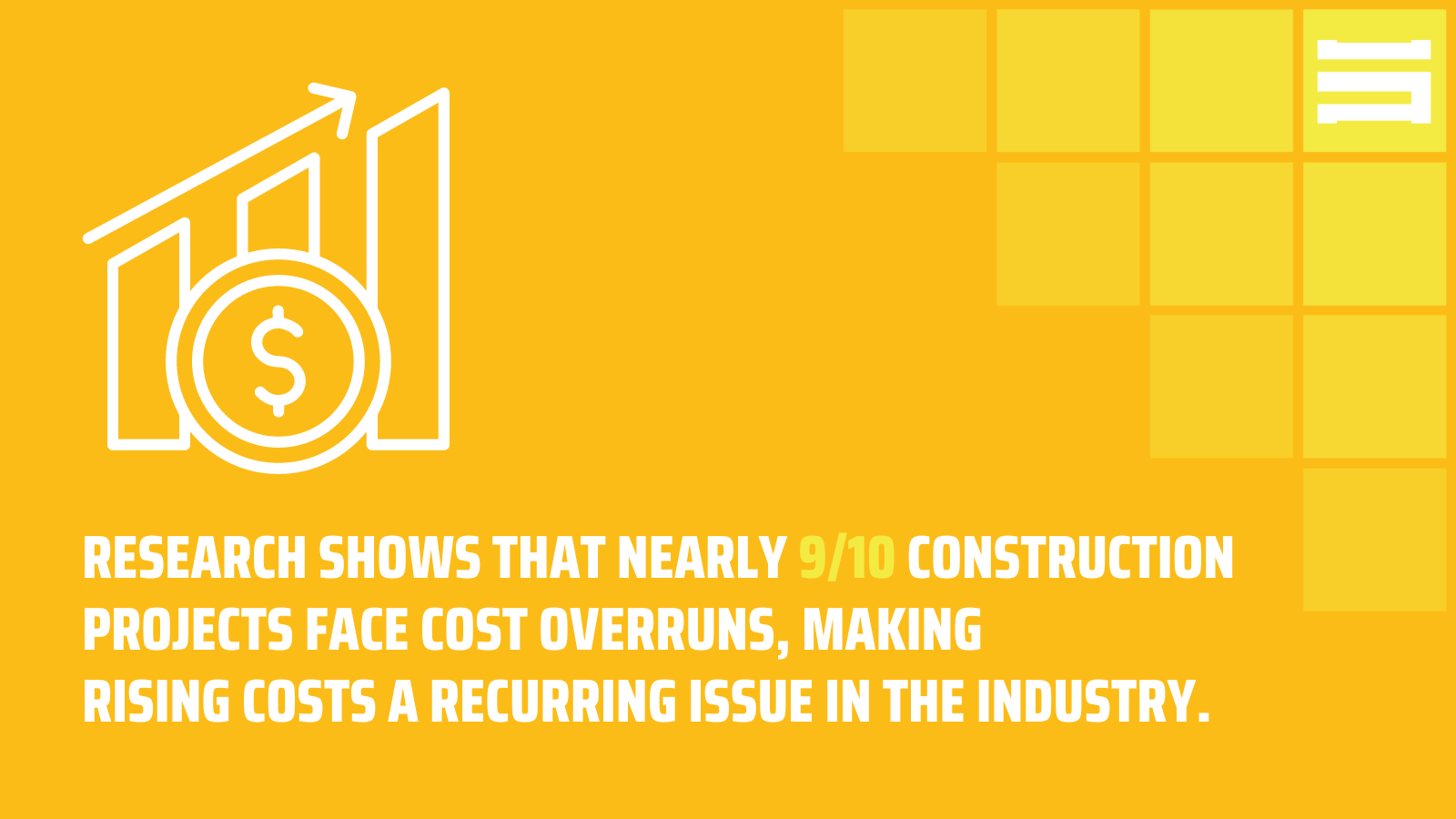
What Are the Stages of Cost Planning in Construction?
Cost planning is not a one-time event; it’s a constantly evolving process that adapts as the project progresses. This is particularly true in dynamic regions like the GCC and UAE, where construction projects can range from modest residential developments to large-scale commercial or governmental megaprojects. Let’s take a closer look at the key stages of cost planning in construction, along with specific scenarios and approaches relevant to the region:
1. Initial Cost Estimate Plan (Feasibility Stage)
At the earliest stage of cost planning, the focus is on developing an initial cost estimate during the feasibility study. This high-level estimate helps project managers and stakeholders gauge the financial scope and overall feasibility of the project before fully committing to it.
Scenario:
Imagine a developer planning a large residential tower in Dubai. At this stage, broad estimates are made based on basic architectural plans and general market data. For example, stakeholders would consider land acquisition costs, which fluctuate greatly depending on the location—whether it's in Dubai’s business district or a growing suburban area. Additionally, in the UAE, factors such as labour laws, materials availability, and prevailing wages must be factored into the initial estimate.
Approach:
A practical approach in the UAE would involve working closely with feasibility study consultants familiar with regional construction costs and market trends. Since cost overruns are common due to inflation in material prices or unpredictable market conditions, developers often include a contingency buffer—typically 10-20%—to account for these fluctuations. The cost estimate also includes initial assessments of risks, such as changes in regulations or supply chain disruptions, which are prevalent due to the region’s reliance on imported materials.
2. Preliminary Cost Plan (Design Stage)
As the project moves into the design phase, the cost plan becomes more detailed and specific. The preliminary cost plan is aligned with the project’s scope, taking into consideration design specifics, material choices, labour requirements, and potential changes that may impact the budget.
Scenario:
In Saudi Arabia, where large-scale infrastructure projects like NEOM are in progress, the preliminary cost plan would involve detailed input on cutting-edge materials and technologies. For example, the project may require sustainable building materials or smart city infrastructure, all of which carry distinct cost implications. The inclusion of high-tech solutions, like smart energy systems or advanced prefabricated components, would also significantly alter the budget forecast at this stage.
Approach:
For projects in the GCC, it's crucial to not only incorporate local regulations but also account for environmental standards and sustainability goals, which have become a central focus in the region. These factors can significantly influence design choices, material costs, and even long-term operational costs. Two major sustainability frameworks that frequently come into play in the UAE and broader GCC region are LEED (Leadership in Energy and Environmental Design) and Estidama. Learn more about global sustainable construction trends by reading our report here.
3. Detailed Cost Plan (Pre-Construction Stage)
Once the project reaches the pre-construction phase, the cost plan becomes highly detailed. This plan involves a comprehensive breakdown of costs—including labour, materials, equipment, subcontractors—and sets aside contingencies for unexpected expenses. The detailed cost plan is not only essential for internal financial tracking but also serves as the basis for contract negotiations.
Scenario:
In preparation for the FIFA World Cup 2022, many stadiums and infrastructure projects entered this pre-construction phase. At this point, developers had to break down costs for materials (e.g., imported steel and concrete), labour (including expatriate worker wages), and equipment (specialised machinery for sports complexes). During this phase, the procurement of international resources played a major role in cost fluctuations due to shipping delays and tariff changes.
Approach:
In GCC countries, developers often partner with international suppliers to source high-quality materials and equipment. The cost plan must include clear contracts with suppliers to lock in prices and manage the risks associated with currency fluctuations, particularly when materials are imported from outside the region. Negotiating bulk rates with suppliers and incorporating precise payment schedules into contracts helps ensure financial predictability.
In addition, given the scale of these projects, it’s crucial to include a detailed risk management plan, particularly for unforeseen site conditions or material shortages. These risks are more likely in the Middle East due to the reliance on imported materials and extreme weather conditions, which can delay construction timelines.
4. Project Costing, Monitoring and Control (Construction Stage)
As the project transitions into the construction phase, the cost plan evolves into a dynamic document. During this stage, cost monitoring and control play a key role. The cost plan is continually updated as actual costs are recorded and compared with the budgeted amounts. This ongoing analysis allows for immediate corrective actions when discrepancies arise, ensuring that the project remains financially on track.
Scenario:
Consider the construction of a high-end luxury hotel in Dubai’s Marina district. During the construction stage, costs might escalate due to unforeseen market conditions, such as an unexpected increase in the cost of imported marble or changes in government regulations affecting high-rise buildings. Without ongoing cost monitoring, these additional expenses could significantly strain the project's budget.
Approach:
To mitigate such risks, project managers in the UAE commonly utilise advanced project management software and cost control consultants. Real-time cost tracking, integrated with supply chain management, enables stakeholders to monitor ongoing expenditures. Variations in labour costs, particularly in regions like the UAE, where labour forces are often composed of foreign workers, can be better managed through these systems.
Additionally, implementing automated progress reporting tools ensures that any financial discrepancies are flagged early. This is essential in a region where delays can result in significant financial penalties due to tight timelines or missed project milestones, especially in sectors like tourism and hospitality.
By incorporating these stages of cost planning into the GCC or UAE construction context, we can see that detailed and region-specific approaches are critical for project success. The unique challenges posed by the region’s reliance on imported materials, regulatory environments, and ambitious project scopes require that developers not only create thorough cost plans but also continuously adjust and monitor them to navigate the dynamic market landscape.
This ongoing process of refining and adapting the cost plan allows for successful financial management throughout the project lifecycle, whether it's for a high-rise in Dubai or a megaproject in Saudi Arabia.
Why Is Comprehensive Cost Planning and Project Costing So Important?
In 2023 and 2024, cost estimation in construction within the GCC and Middle East has been significantly impacted by various factors, underscoring the need for precise cost planning. Construction costs in the UAE are projected to increase by 2-3%, while Saudi Arabia is expected to see a rise of 5-7% in 2024, following increases of 3% and 7% respectively in 2023.
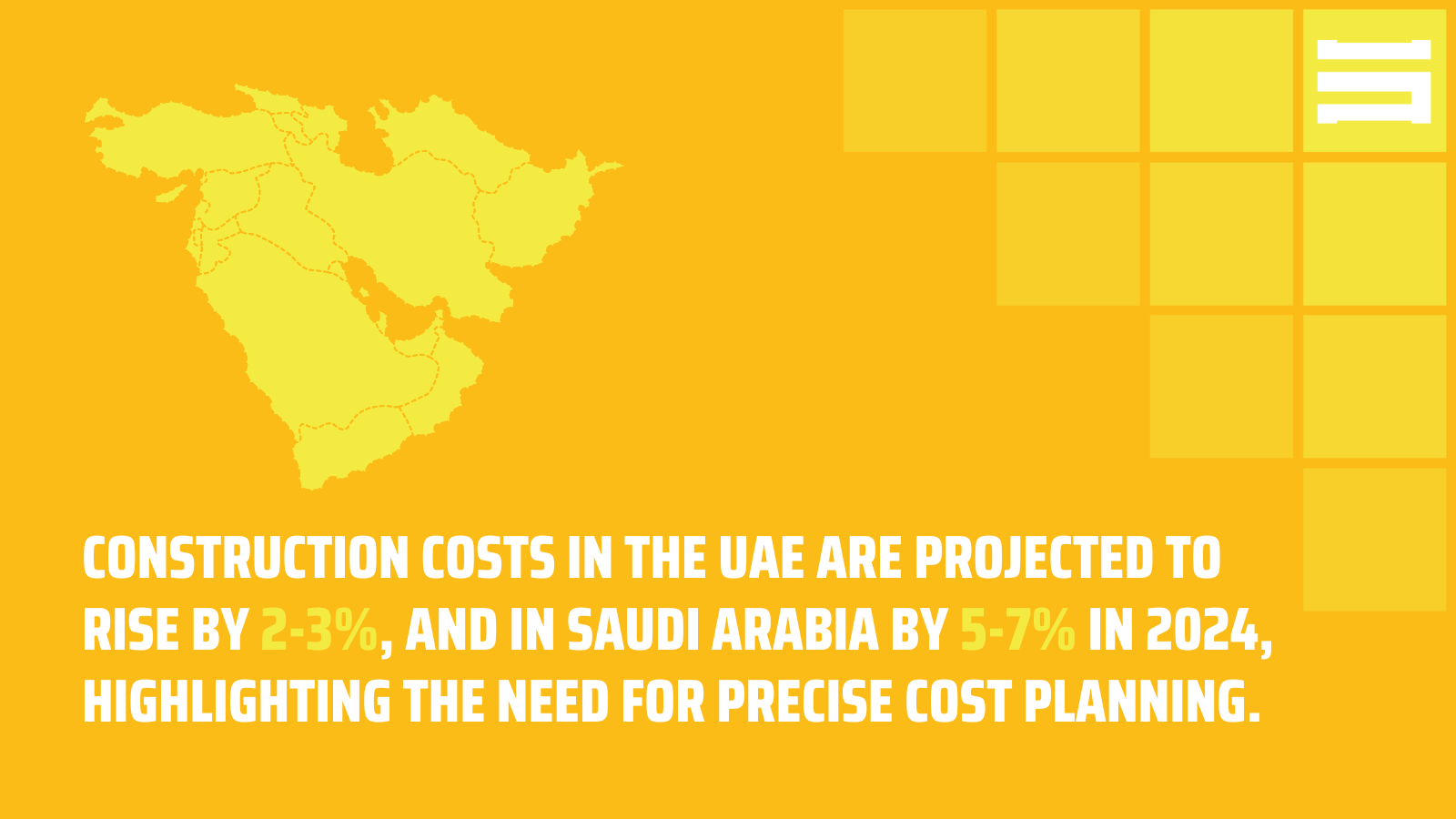
The tight labour market has also driven up wages, adding to the overall cost increases. Additionally, the cost of constructing industrial warehouses has been particularly high, driven by high demand and supply chain issues. These trends underscore the dynamic nature of construction costs and the critical role of accurate cost estimation and planning in managing financial risks and ensuring project success.
Therefore, implementing a detailed cost plan has numerous advantages. Here’s why comprehensive cost planning is vital to the success of any construction project:
1. Clear Construction Budget Forecasting
A well-structured cost plan provides clear insight into the financial requirements of the project. It’s not a static document; instead, it evolves with the project, giving stakeholders the ability to anticipate future expenditures and manage cash flow effectively. Budget forecasting helps everyone involved to remain on the same page regarding the financial health of the project.
2. Better Resource Allocation
Precise cost estimation enables project managers allocate resources—whether it’s labour, materials, or equipment—efficiently. Knowing the costs upfront ensures that resources are used optimally, and this is particularly important when resources are limited. Efficient resource allocation can significantly reduce wastage and avoid unnecessary expenses.
3. Mitigating Risks
Cost overruns are one of the most common risks in construction projects. By maintaining and updating the cost plan regularly, project managers can identify potential financial risks early and take action to mitigate them. This is especially critical in volatile markets where labour or material costs can fluctuate rapidly, and unexpected expenses could threaten the project budget.
4. Informed Decision-Making
Cost plans act as the financial blueprint of the project, providing a clear timeline of when and where money will be spent. With this visibility, project managers can make informed decisions, prioritising tasks, and managing the construction timeline to prevent delays or additional costs.
5. Enhanced Stakeholder Communication
A comprehensive cost plan paves the way for better communication with clients, contractors, and suppliers. It provides a transparent breakdown of costs, which helps to align expectations and reduces the chances of misunderstandings or disputes. This clarity strengthens relationships between all parties and helps keep the project running smoothly.
What Are the Best Practices for Cost Planning in Construction?
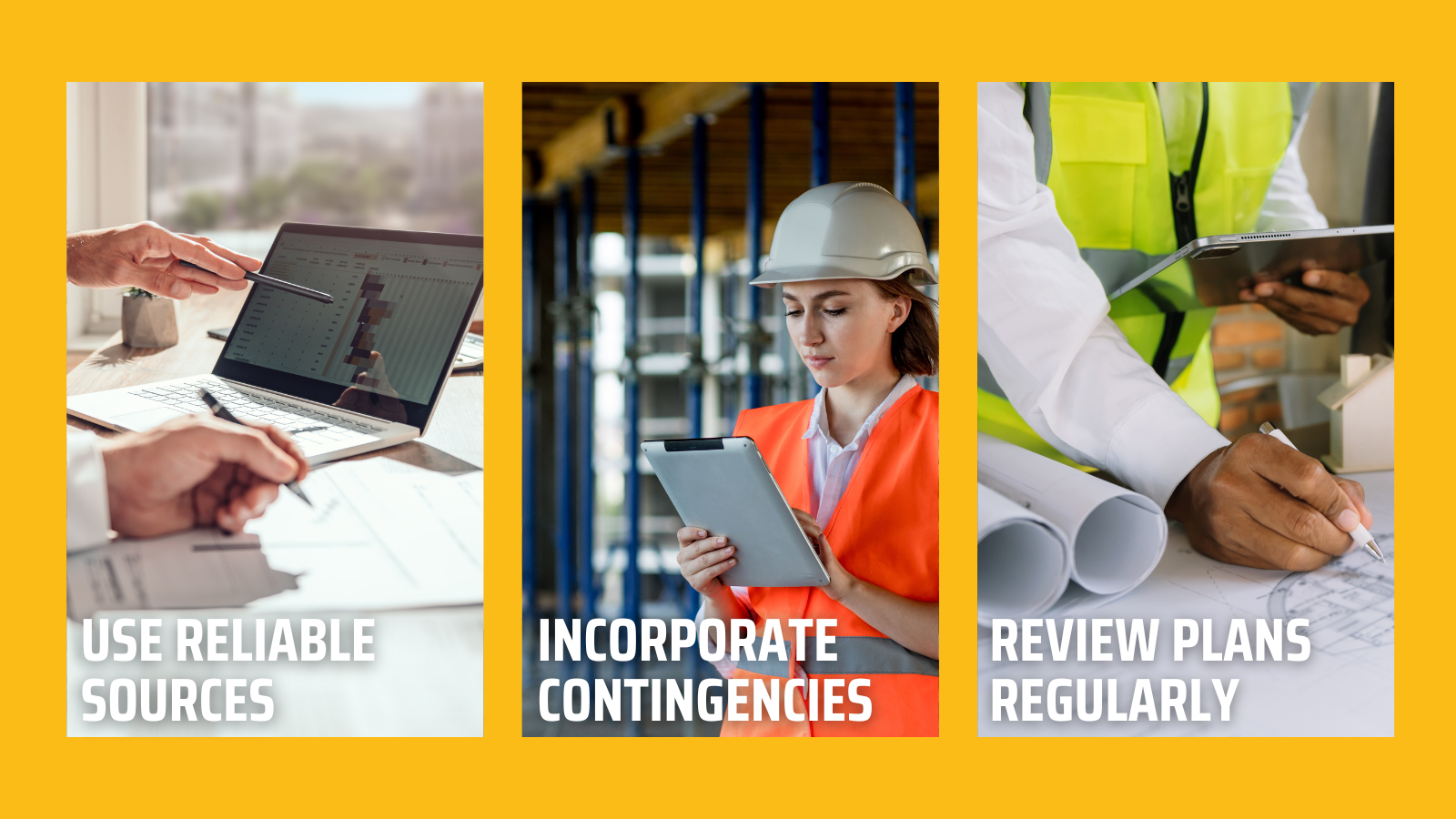
To make the most out of cost planning, it’s essential to follow these best practices. Here are some key strategies to ensure effective cost planning throughout the project lifecycle:
1. Using Reliable Sources and Market Data
Cost planning must be based on accurate data. Whether it’s historical data from similar projects, current market trends, or supplier pricing information, the accuracy of your estimates will largely depend on the quality of the data. Using verified and reliable data ensures that your cost estimates are realistic and achievable.
2. Incorporating Contingencies and Backups
In construction, surprises are inevitable. Whether it’s fluctuating material costs, unexpected site conditions, or design changes, you’ll need to account for contingencies. By building contingencies into the cost plan, project managers can ensure that unforeseen expenses don’t derail the budget.
3. Reviewing and Updating Cost Plans Regularly
Your cost plan should never be static. Regular reviews ensure that the cost plan reflects the most up-to-date financial information. This is especially important when the construction project enters new phases, or when design and scope changes occur. Consistent updates help keep the project financially aligned and prevent unexpected financial surprises.
What is the Role of Cost Control Consultants in Preparing Construction Budgets?
Cost control consultants need to be experienced in tracking financials and ensuring that actual costs align with the project budget. Cost control consultants also provide ongoing support during the pre-construction, construction, and post-construction phases by continually updating estimates and adjusting budgets as necessary.
Their expertise in cost estimation and cost control can help project managers identify potential financial risks early on, allowing for immediate corrective actions. By working closely with project managers and stakeholders, cost control consultants ensure that financial goals remain achievable, even as the project evolves.
Conclusion
Cost planning is far more than just crunching numbers—it’s about ensuring that your construction project remains financially viable, from start to finish. A detailed cost plan provides the roadmap needed to navigate the often-complex financial landscape of construction projects. By incorporating accurate estimates, regularly updating financial information, and building in contingencies, project managers can keep projects on track and aligned with their overall objectives.
Whether your project is small or large, effective cost planning is essential for success. With the support of experienced cost control consultants, you can optimise your project’s financial performance while minimising risk.
About us
Stonehaven is a trusted project management company and construction consultant based in Dubai, offering comprehensive construction management services across the UAE with offices located in Dubai, UK and Sri Lanka. As one of the leading project management companies in Dubai, we manage projects from inception to completion, ensuring quality, efficiency, and cost-effectiveness at every stage.
We deliver value through expert project management consultancy services, tailored to meet the unique needs of each client. Our core services include Cost Management, Project Management, Construction Supervision, Engineering Support, Design Support, and Marketing & Communications. Whether you’re looking for construction consultants or project managers in the UAE and wider GCC region, Stonehaven is your trusted partner for achieving excellence in your next project.
At Stonehaven, we specialise in providing detailed cost planning and construction cost estimating services for projects across the GCC region. Our team of expert consultants is committed to delivering accurate, transparent, and efficient cost control solutions that ensure your construction project is completed on time and within budget. Whether you need feasibility study reports or project cost estimation services, we are here to support your project from start to finish.
Contact us today to learn how we can help you with your next project.



